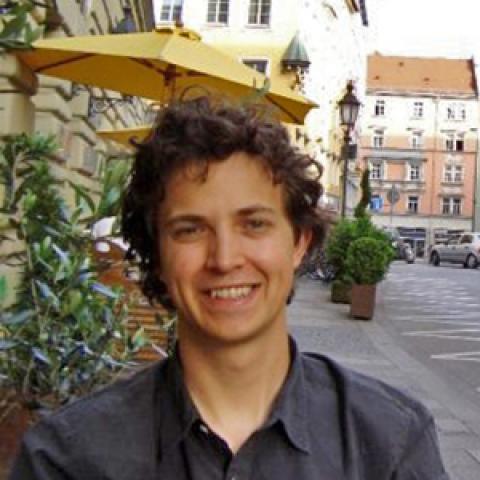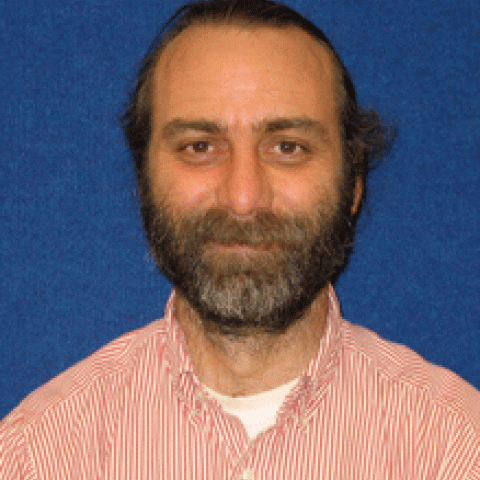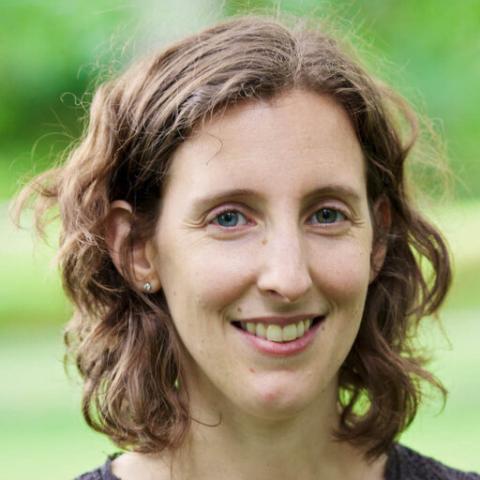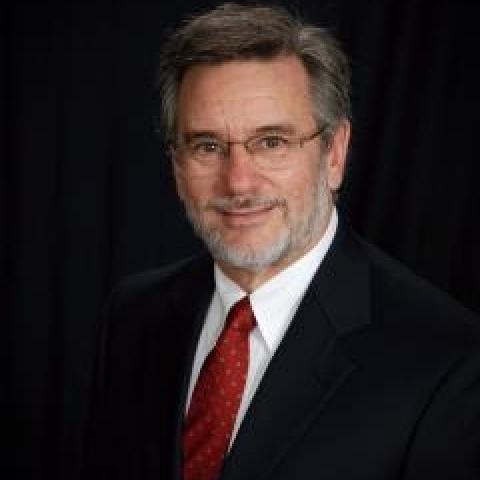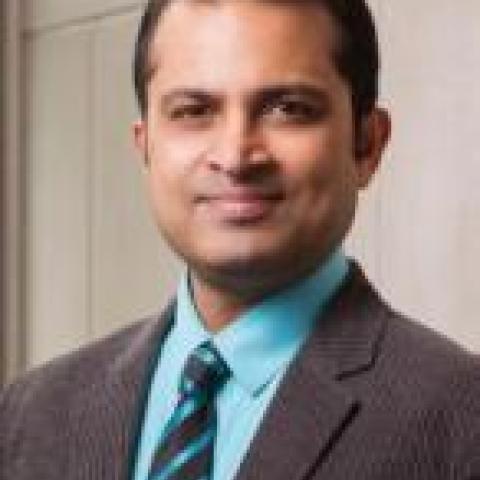Frank Stewart
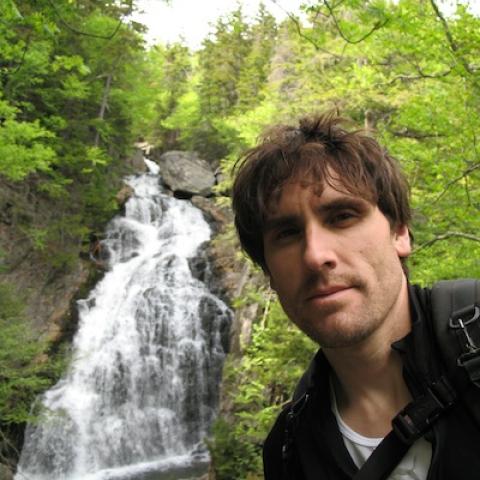
I am an environmental microbiologist interested in the dynamics of microbial systems. My research is motivated by the beliefs that microbes are a frontier for natural history and scientific discovery, and that exploring this frontier is necessary and important for understanding biological diversity and its changing role in ecosystem processes. The first major research theme in my lab explores how aquatic microbes respond to environmental change, notably declines in ocean oxygen content. The second major theme explores how life in symbiosis drives microbial evolution and ecology. My research targets diverse systems, from the marine water column to the intestinal microbiomes of fishes. This research aims to identify metabolic properties that underlie the ecology of microbes and microbe-host systems, the evolutionary context under which these functions arose, and the role of these functions in ecosystem-scale processes in a changing environment.
I am an Associate Professor in the Department of Microbiology and Immunology at Montana State University and an Adjunct Professor in the School of Biological Sciences at Georgia Tech. I received a B.A. in Biology from Middlebury College and a Ph.D. in Organismic and Evolutionary Biology from Harvard University. I worked as a Postdoctoral Fellow at MIT for two years before moving to Georgia Tech in January 2011. In February 2020, I moved my lab to the mountains of Montana. My work has been recognized through an NSF CAREER award, a Sloan Research Fellowship, and a Simons Foundation Early Career investigator award.

